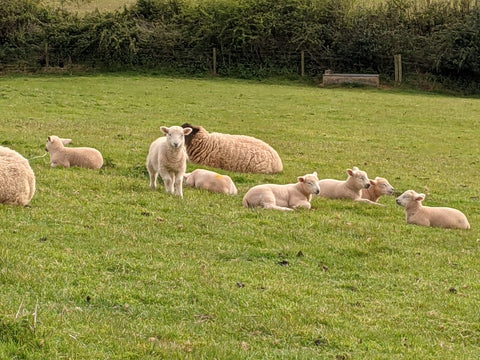World Environment Day

Each year, on the 5th June, we pause to ‘celebrate’ World Environment Day. The word ‘celebrate’ seems a particularly poignant one, given the grave danger our environment and natural world is in, and the collective disregard we – as a society – have for it. Year after year, we hear more stories of animals facing extinction, habitats being destroyed, and ecosystems being wrecked by our litter. For all the collective campaigning, institutional efforts, Attenborough documentaries and individual goodwill, we haven’t yet been able to turn the tide on our damage to the environment.
Since its inauguration in the early 1970’s, World Environment Day has been used as the UN’s principal mechanism to raise awareness about environmental issues such as air pollution, plastic pollution, illegal wildlife trade, sustainable consumption, sea-level increase, and food security. Over the years, it has inspired millions to take action to better their environment, and this is only set to grow as society becomes ever more engaged with the great environmental issues of our time.
2021 – the Year of Ecosystem Restoration
This year’s theme is Ecosystem Restoration, launching the UN Decade of Ecosystem Restoration, following a proposal and resolution for action by over 70 countries. We need to turn the tide on ecosystem degradation now, to protect the planet, fight climate change, and stop the collapse of biodiversity.
These three key points sum up why ecosystem restoration is such an important issue.
- Restoration and other natural solutions can deliver one third of the mitigation needed by 2030 to keep global warming below 2C while also helping societies and economies adapt to climate change. (Griscom et al., 2017; Kapos et al., 2019)
- Restoring 15% of converted lands in the right places could prevent 60% of projected species extinctions. (Strassburg et al., 2020)
- Ecosystem restoration contributes to the achievement of all 17 of the Sustainable Development Goals by their 2030 target date, including the elimination of poverty and hunger. (IRP, 2019)

The Case for Growing Vegetables at Home in Cities

By growing vegetables at home in cities, you will be directly contributing to the UN’s #GenerationRestoration campaign by greening our cities.
You will also be indirectly contributing to the campaign in other ways; you will be taking the burden off land around the world, where your vegetables would otherwise have been grown. It could then be used to plant trees on. You’ll also not be needing any plastic packaging on your vegetables, which will help clean up our rivers and coast.
It may not seem like much, but all of these add up.
What’s more, with Sprout, we have scoured the market to provide you with the most environmentally friendly set up when you grow your vegetables, to maximise the positive environmental benefit you’ll have.
Join us on the journey to change our future.
